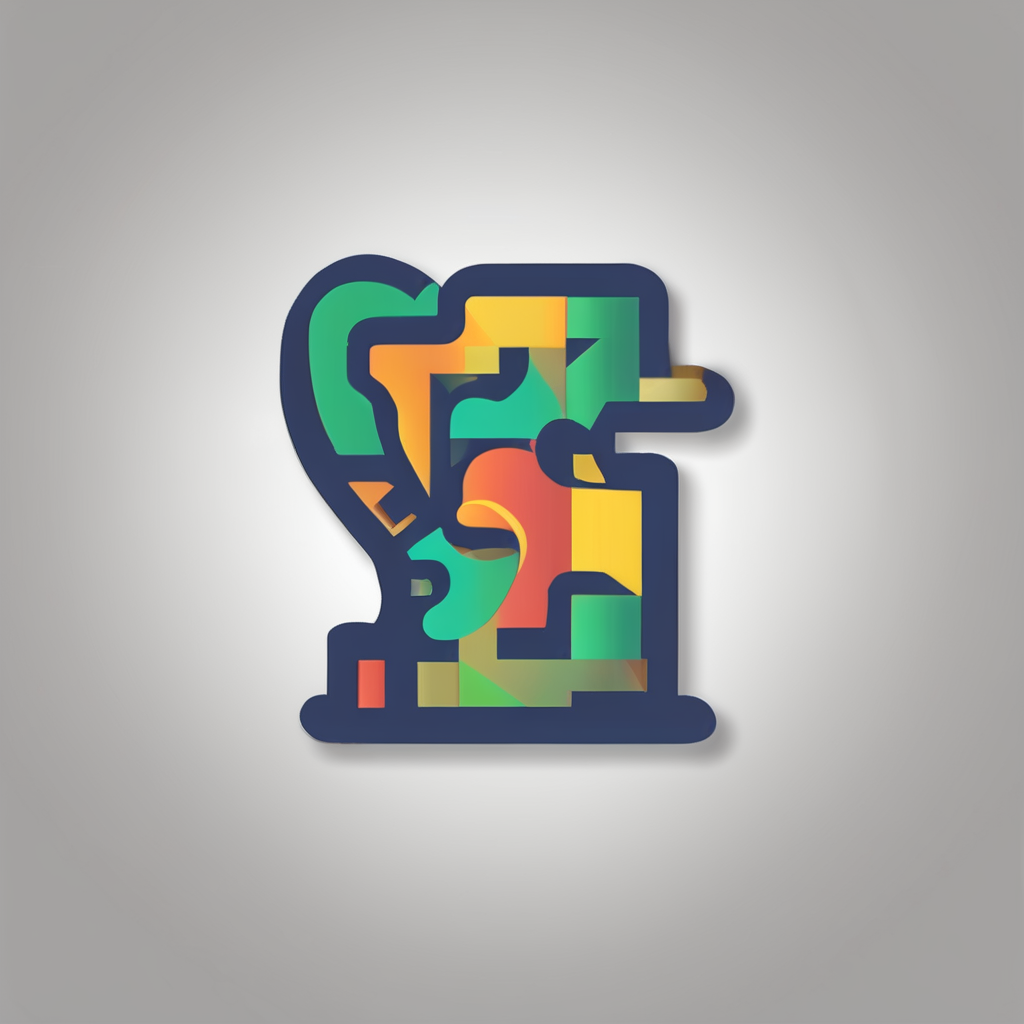Essential Communication Tools and Practices for UK Remote Teams
Effective remote communication strategies are vital for UK teams working across different locations. Leading UK remote work tools like Microsoft Teams, Slack, and Zoom provide real-time messaging, video calls, and document collaboration that help bridge physical gaps. These platforms support not only casual chats but also structured meetings and project updates, enhancing team cohesion.
Setting clear communication expectations and protocols is crucial. This includes defining response times, preferred channels for different message types, and availability hours to prevent miscommunication. For instance, urgent issues might always warrant a direct call, whereas routine updates could stay within emails or chat threads.
In parallel : What are the key tax considerations for UK entrepreneurs in 2024?
Leveraging digital collaboration tools like Trello, Asana, and SharePoint supports efficient workflows by allowing task tracking and centralized knowledge sharing. Digital collaboration fosters transparency and accountability, ensuring all team members stay aligned on goals and deadlines. By integrating these tools thoughtfully, UK remote teams can maintain productivity, reduce misunderstandings, and promote a flexible but consistent communication culture.
Navigating UK Legal and Compliance Requirements in Remote Work
Understanding UK remote work laws is essential for employers managing offsite teams. These laws cover employee rights, health and safety obligations, and fair work practices. For example, ensuring that remote employees have a safe working environment falls under employer duties, regardless of location.
Also to read : What Innovative Changes Are UK Businesses Implementing to Stay Competitive?
Employment compliance also requires updating contracts and workplace policies to reflect remote or hybrid setups. Clear agreements should define roles, responsibilities, working hours, and expectations to avoid ambiguity. This helps maintain legal clarity between employers and remote workers.
Data security is critical, especially with dispersed teams handling sensitive information. Compliance with GDPR means implementing strict protocols for data storage, access, and transfer when employees work remotely. Regular training and secure technology, such as encrypted communication tools, help safeguard company and customer data.
Employers must also periodically review and update policies to align with evolving regulations and best practices in remote work. Doing so promotes legal compliance while supporting a safe, respectful, and productive remote working environment within the UK.
Essential Communication Tools and Practices for UK Remote Teams
Successful remote communication strategies depend on selecting the right UK remote work tools tailored to team needs. Microsoft Teams, Slack, and Zoom remain the leading platforms, combining messaging, video conferencing, and document sharing in one hub. These tools enhance collaboration by making it easy for team members to switch between informal chats and formal meetings seamlessly.
Setting clear communication expectations avoids delays and confusion. Agreeing on response times, specifying which channels suit urgent versus routine messages, and defining “quiet hours” helps distributed teams maintain focus without missing important updates. For example, a protocol might state that urgent issues require immediate calls, while project updates stay on task management tools.
Digital collaboration tools such as Trello and Asana support efficient workflows. They enable transparent task tracking, so everyone knows their responsibilities and deadlines. Centralizing documentation on platforms like SharePoint ensures knowledge sharing is smooth and accessible. This combination of structured communication and digital collaboration cultivates productivity, accountability, and team alignment in UK remote workplaces.
Essential Communication Tools and Practices for UK Remote Teams
Effective remote communication strategies hinge on choosing the right UK remote work tools that combine messaging, video, and project management capabilities. Platforms like Microsoft Teams, Slack, and Zoom remain leaders due to their seamless integration and ease of use across devices. They enable real-time conversations, boosting responsiveness and maintaining team cohesion despite physical separation.
Setting clear communication expectations for distributed teams is indispensable. Define preferred channels for different message types, like urgent calls versus routine updates, and establish agreed-upon response times. This reduces confusion and aligns team members on availability, promoting smoother collaboration.
Leveraging digital collaboration tools such as Trello and Asana enhances workflows by centralizing task management. These tools support transparency, allowing teams to track progress and deadlines efficiently. Sharing documents via SharePoint or similar platforms ensures knowledge is accessible and updated in real time, further reinforcing coordinated efforts. By combining these approaches, UK remote teams can overcome distance challenges with structured, efficient communication that drives productivity.
Essential Communication Tools and Practices for UK Remote Teams
Choosing the right UK remote work tools is fundamental for successful remote communication strategies. Leading platforms such as Microsoft Teams, Slack, and Zoom combine messaging, video, and file sharing to create unified hubs for distributed teams. These tools enable fluid transitions between casual conversations and formal meetings, essential for maintaining team dynamics across locations.
Setting clear communication protocols is equally vital. Distributed teams must agree on response times and designate specific channels for urgent versus routine messages. For example, immediate calls suit urgent matters, while task updates fit well on project management tools. This clarity reduces confusion and fosters timely collaboration.
Moreover, leveraging digital collaboration platforms like Trello, Asana, and SharePoint ensures visible workflows and transparent knowledge sharing. Centralizing documentation enables easy access and continuity, preventing information silos. These tools support accountability by tracking tasks and deadlines, which boosts efficiency.
Together, well-chosen UK remote work tools, defined communication protocols, and robust digital collaboration practices form a strong foundation. They empower remote teams to work cohesively, remain productive, and sustain effective communication despite physical distance.
Essential Communication Tools and Practices for UK Remote Teams
Choosing effective UK remote work tools is foundational for strong remote communication strategies. Leading platforms like Microsoft Teams, Slack, and Zoom provide the core functions teams need: instant messaging, video conferencing, and file sharing. These platforms facilitate not just casual chats but structured exchanges, critical for maintaining clarity and rapport across locations.
Establishing clear communication expectations is equally vital. Distributed teams benefit from agreed protocols that specify which channels handle various message types—urgent calls for immediate matters, emails for formal communications, and chat apps for quick updates. Defining response timeframes and working hours avoids misunderstandings and respects personal boundaries.
Digital collaboration tools further streamline workflows. Trello, Asana, and SharePoint enable task tracking, deadline visibility, and centralized document repositories, ensuring all team members share the same information and status updates. This blend of synchronous and asynchronous tools supports transparency and accountability. When implemented well, these communication practices and technologies empower UK remote teams to collaborate efficiently, despite geographic distances.
Essential Communication Tools and Practices for UK Remote Teams
Successful remote communication strategies rely heavily on selecting leading UK remote work tools that cater specifically to distributed teams’ needs. Microsoft Teams, Slack, and Zoom continue to dominate, providing integrated messaging, video conferencing, and file sharing that foster seamless interactions regardless of location. These platforms enable teams to keep conversations flowing, whether for quick catch-ups or formal meetings.
Setting clear communication protocols is crucial. Teams should establish defined response times, preferred channels for various message types, and escalation paths for urgent matters. For example, urgent issues typically require direct calls, while project updates are best suited to dedicated task management tools. This clarity reduces miscommunication and ensures timely collaboration.
In addition, leveraging digital collaboration platforms like Trello, Asana, and SharePoint significantly improves workflow transparency. These tools centralize task tracking, deadline monitoring, and document sharing, making knowledge easily accessible across the team. By combining robust communication tools with disciplined protocols and digital collaboration practices, UK remote teams can maintain productivity and strong alignment despite physical separation.
Essential Communication Tools and Practices for UK Remote Teams
Using the right UK remote work tools is crucial in refining remote communication strategies for distributed teams. Microsoft Teams, Slack, and Zoom continue to lead by providing real-time messaging, video conferencing, and file sharing—features that keep communication seamless and dynamic. These platforms create centralized hubs where teams switch easily between informal chats and structured meetings, sustaining team engagement.
Establishing clear communication protocols further enhances effectiveness. Distributed UK teams should define preferred channels for various message types—for example, direct calls for urgent matters and task management tools for regular updates. Agreeing on response times and availability windows prevents delays and respects individual boundaries, which is vital in remote settings.
Digital collaboration tools like Trello, Asana, and SharePoint support transparent workflows and centralized knowledge sharing. These tools enable teams to track tasks, meet deadlines, and access documents promptly, fostering accountability and reducing information silos. When coupled with robust communication practices, digital collaboration empowers UK remote teams to maintain productivity and cohesion despite physical distance.










